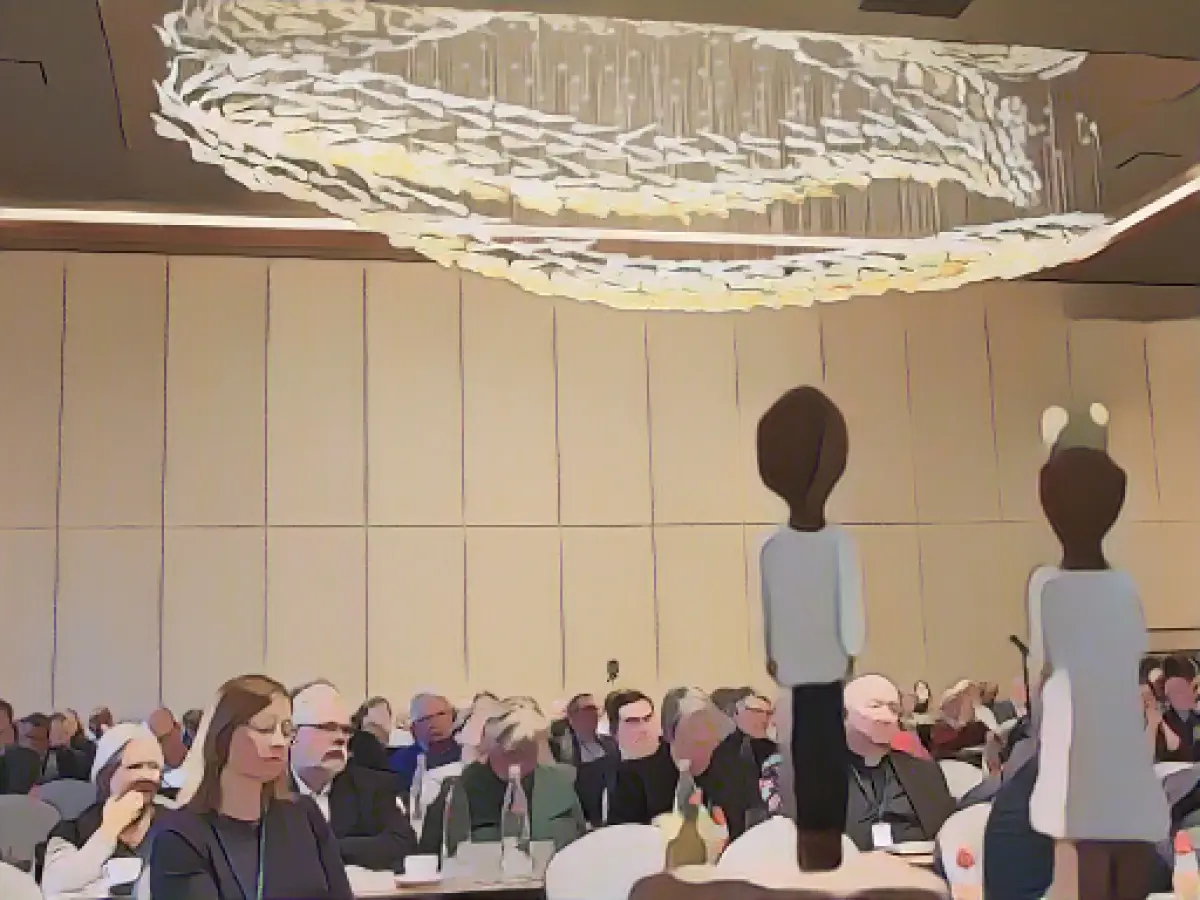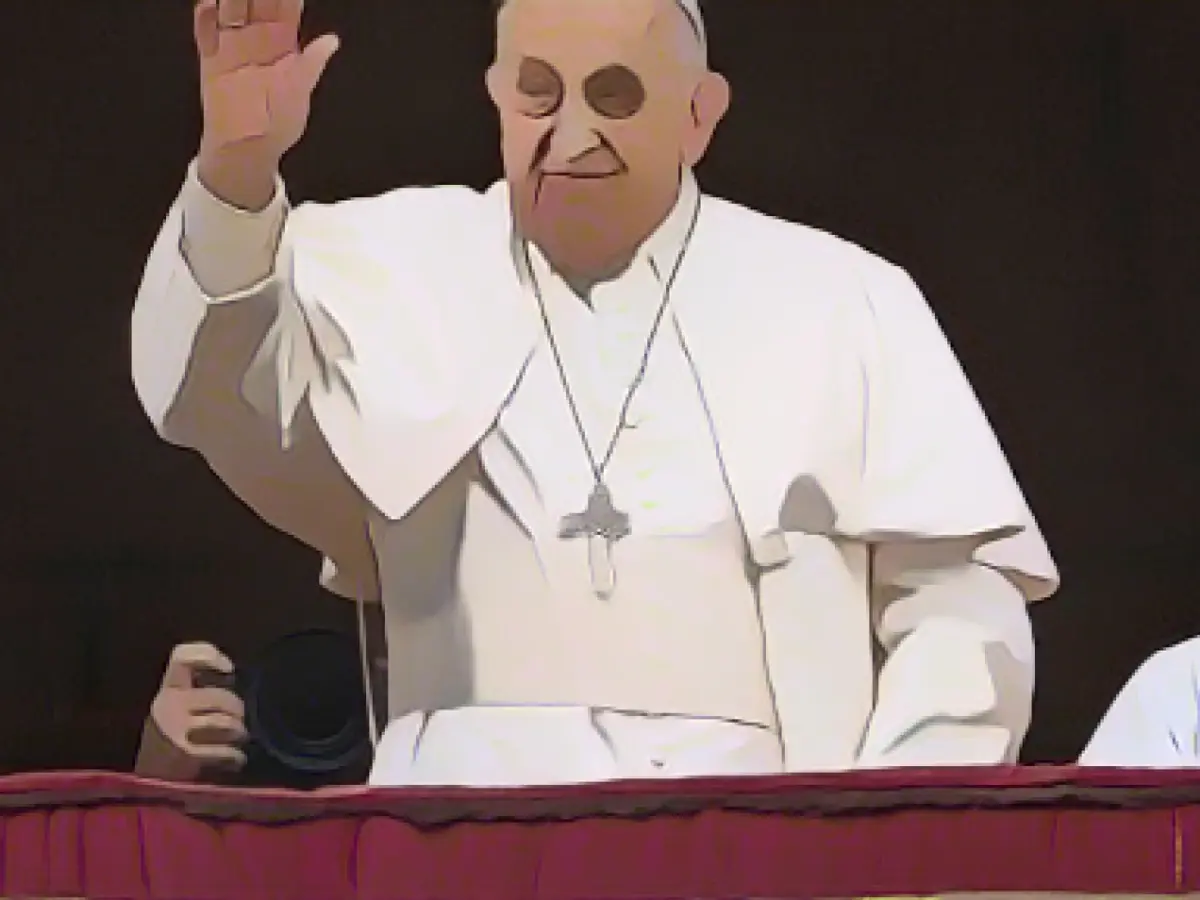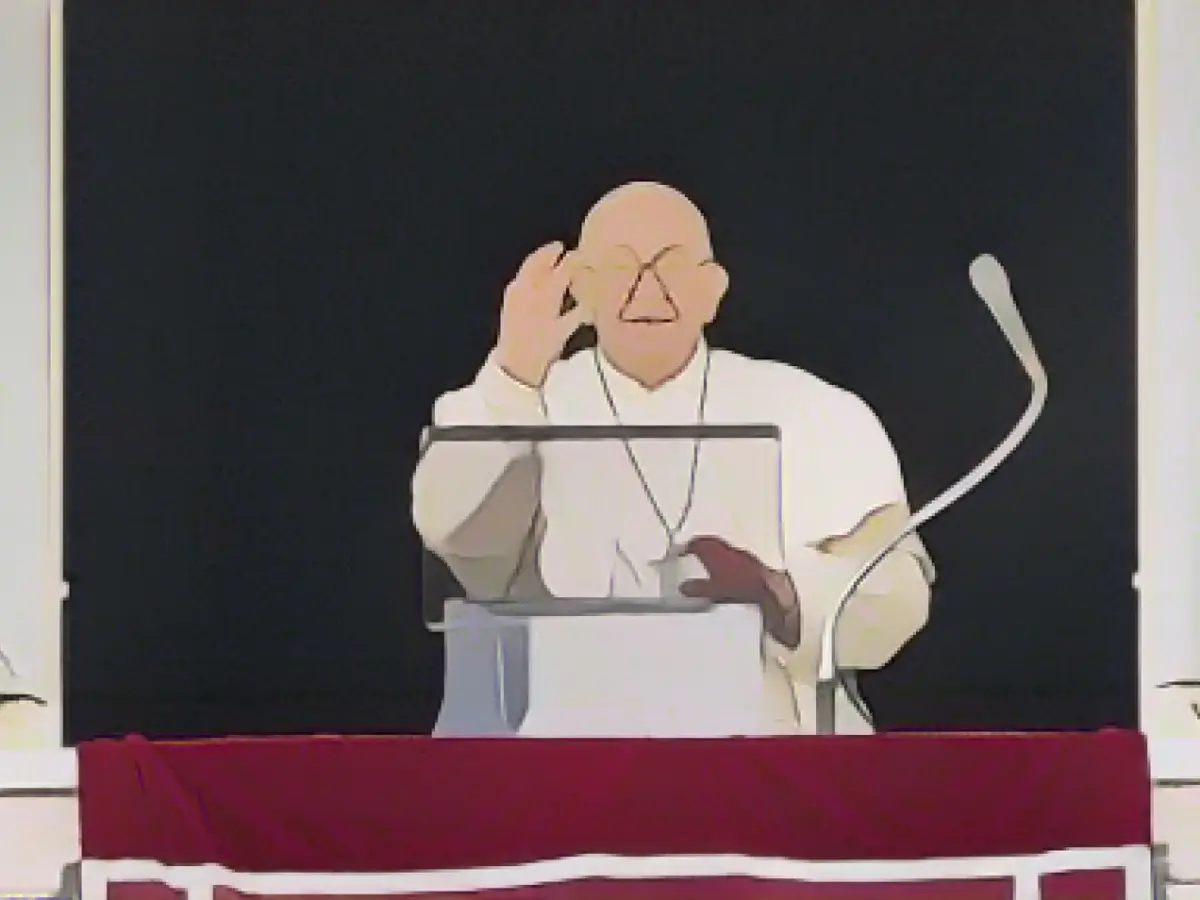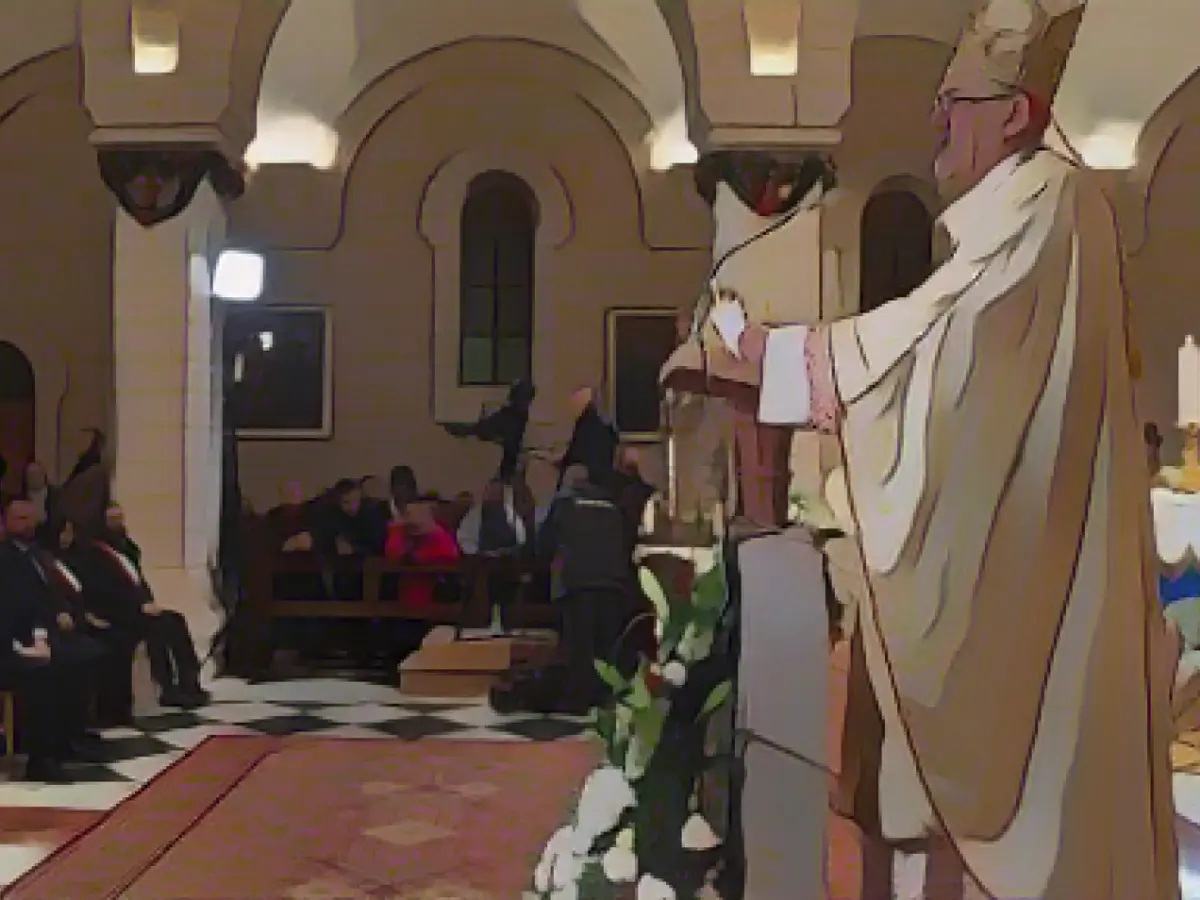Catholics in Germany Take a Big Step Towards Church Reform
The Central Committee of German Catholics (ZdK), representing over 20 million laypeople, has laid the groundwork for further changes in the church by passing a significant reform resolution. The vote, approving the statutes for the Synodal Committee, took place during the ZdK plenary assembly in Berlin, reportedly by a large majority.
The Synodal Committee stems from three and a half years of discussions within the "Synodal Path," which saw Catholics gather to talk about expanding co-determination, promoting women's rights, and embracing diversity. Following the process's completion in March this year, it was agreed that synodality - or joint decision-making - should continue, specifically within the committee.
Bishops' Agreement Needed
However, for the committee's statutes to become effective, the German Bishops' Conference, as the second responsible entity, must approve a resolution. This prerequisite is crucial, and Archbishop Heiner Koch of Berlin noted that the ZdK vote was an encouragement to move forward.
Over the subsequent three years, the committee's primary objective is to clarify how laypeople can better participate in the Catholic Church, as well as have a more significant say. Their work will ultimately lead to a permanent Synodal Council where laypeople can have an equal role in decision-making.
Strong Support from German Bishops
The German bishops are generally in favor of this project, despite some reservations from Rome. The initial meeting of the committee, held in Essen approximately two weeks ago, was attended by 23 of the 27 diocesan bishops, with four opting not to attend. The committee consists of 27 ZdK delegates, 20 other individuals, and various experts in various fields.
Abuse Scandal Fuels Reform Debate
The drive for reform within the Catholic Church originated from a decades-long scandal involving sexual abuse and sexualized violence by church officials. Many of these cases were covered up for years, which led to an exodus of believers from the church.
At the ZdK meeting, it was acknowledged that not only church officials were complicit but also that there was "co-clericalism," or the turning of a blind eye, and cover-ups in parishes, councils, and associations for numerous decades. Coming to terms with this history remains high on the ZdK's agenda.
Enrichment Insights
- The Synodal Committee's reforms focus particularly on LGBTQ+ issues, women's equality, and addressing clerical abuse.
- The Synodal Path, initiated in 2019, involves discussing and implementing significant recommendations such as allowing blessings for same-gender couples and acknowledging the contributions of transgender individuals.
- Critics have argued that the reforms may not align with universal Church teachings, but proponents, like Cardinal Marx, argue that the German Synodal Path is following the path advocated by Pope Francis.
- The Synodal Path is a continuing process aimed at ensuring localized reforms while staying in line with broader Church teachings. The recent appointment of women to the Ordinary Council of the General Secretariat of the Synod highlights Pope Francis' focus on greater inclusivity.








